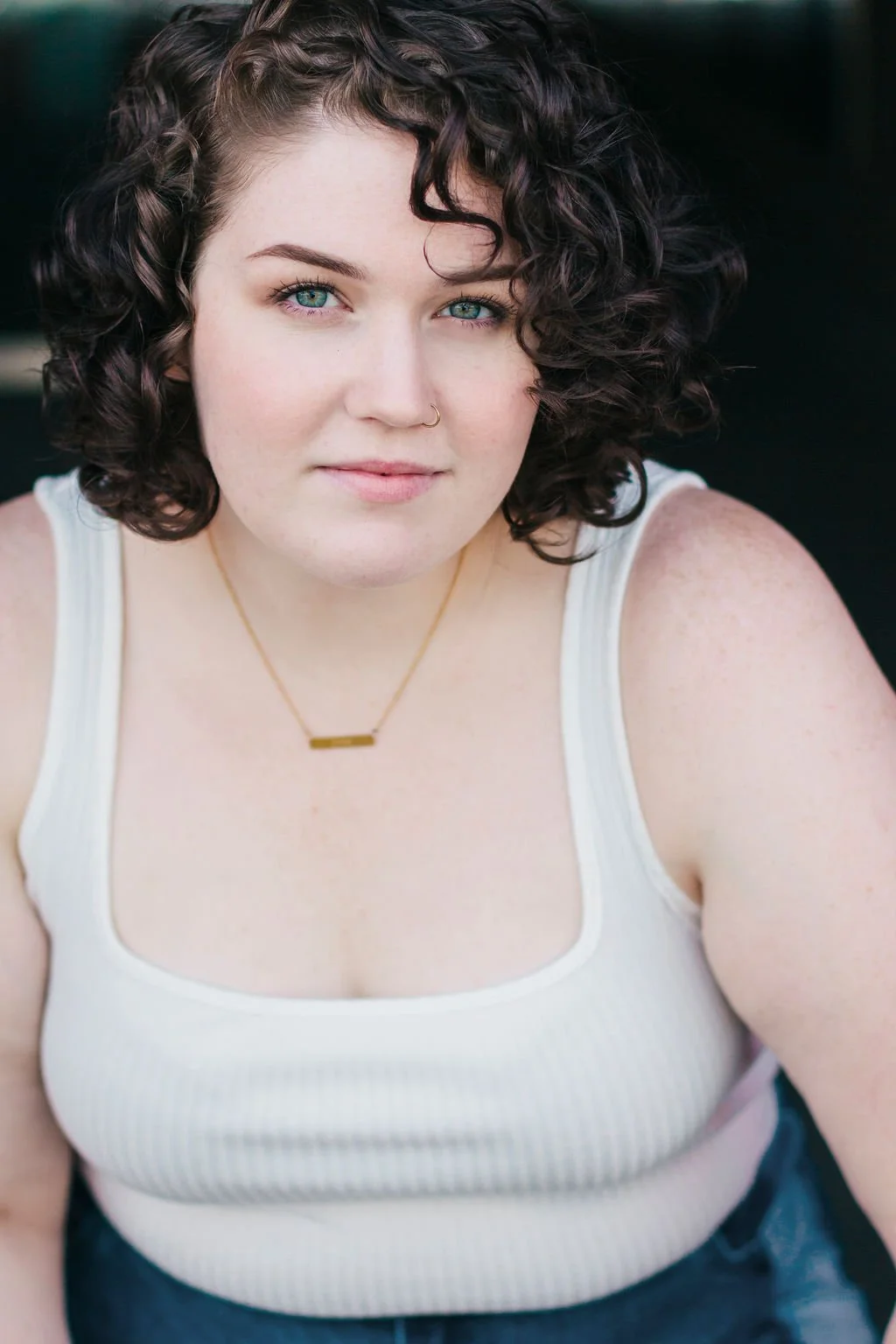Reaching for the Light
Note from the Conductor:
Thank you for attending today’s concert. Or, if you are watching and listening online, thank you for being part of our artistic family from afar!
Today’s concert is a very special one to all of us. “Reaching for the Light” is a concept concert, originally intended to be performed on Martin Luther King Jr. weekend back in January. But, as has happened all-too-often, we were forced to postpone. As it turns out, however, giving this concert now seems at least as appropriate, given the events in Ukraine.
Martin Luther King was one of my parent’s great heroes, and he has been one of mine as well my entire life. This concert honors not only MLK and his work, but embodies his values, as the works we have chosen musically tell the story of the mankind’s struggle for equality, freedom and universal love and understanding—the never-ending act of ‘Reaching for the Light.’ It is our great privilege to introduce these four powerful choral masterpieces to our Charleston audience for the very first time.
We open with Everyday Wonders: The Girl from Aleppo—a cantata which tells the story of Nujeen Mustafa, the Kurdish girl with cerebral palsy who travelled 3500 miles by wheelchair (heroically pushed by her sister Nasrine) to Germany to escape Syrian Civil War. Composer Cecilia MacDowell has created a work that is simultaneously child-like and sophisticated, using children’s choir and solo violin to embody the culture, strife and childlike wonder that are part of Nujeen’s journey to freedom.
We also perform three movements from Considering Matthew Shepard—a choral fusion oratorio created by Craig Hella Johnson honoring Matthew Shepard, whose murder in 1998 brought national and international attention to hate-crime legislation at both the state and federal level. The movements we are performing describe Matthew as a child and teenager—as he was indeed an “Ordinary Boy”—full passions, insecurities, and dreams. “The Fence—One Week later” is a musical movement presented from the perspective of the fence on which Mathew was left to die. We close the first half of the concert with the valedictory “Meet Me Here”, a folk-like movement which calls on us all to overcome tragedy and rage and move forward to a “new horizon” full of wisdom, and love for all.
After our brief intermission, we open the second half with a full-on choral masterpiece. Nolemtiba, a work by Pēteris Plakidis that uses the metaphor of an acorn growing into an oak to tell the story of the Baltic nation’s journey towards freedom—throwing off the shackles of the former Soviet Union. Plakidis uses Latvian folk song within a Mahler-line contrapuntal fabric to create a work of tremendous power.
We close with His Light Still Shines by the late, great American composer Moses Hogan. Hogan uses much-loved spirituals along with spoken narrative (delivered by the Reverend Cecilia Armstrong of St. James Presbyterian Church) to create a rousing, inspiring fifteen- minute account of MLK’s impact on our nation, and indeed the world.
This is one of the most meaningful concert of my career. Thank you for your attendance!
Namaste and Sláinte
Rob


















